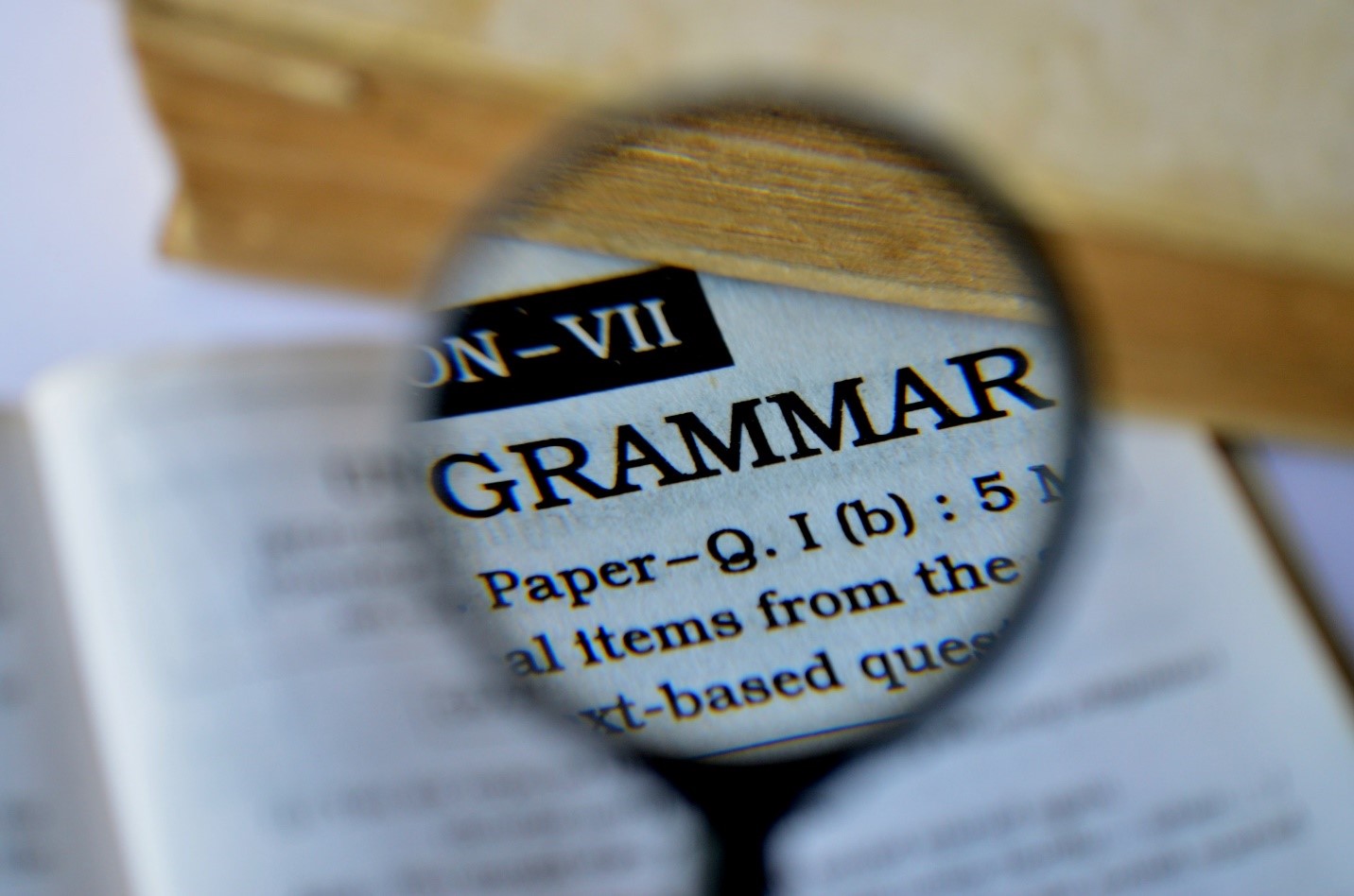
The Ultimate Guide to Title Capitalization
THE ULTIMATE GUIDE TO TITLE CAPITALIZATION
“Grammar is not a set of arbitrary rules. It is a compact between people who wish to understand each other.” —Robert Breault
Frequently, title capitalization doesn’t get the attention it deserves. After all, the average reader does not give title capitalization a second thought. It seems as though hardcore grammarians are the only folks interested in enforcing capitalization rules and conventions.
But things should not be that way. Readers and writers have a vested interest in getting title capitalization right. Getting capitalization and grammar rules right is a reflection of one’s commitment to excellence.
With that in mind, here are five keys to getting title capitalization right.
1. Identifying Which Words to Capitalize
Getting capitalization right begins with identifying which words to capitalize.
Most style guides agree on the following general rule: nouns, verbs, pronouns, adverbs, and adjectives should be capitalized in titles.
So-called “minor” words such as articles and prepositions should not be capitalized.

Consider this example:
- The Best Day of My Life
This title capitalizes adjectives (best and my) and nouns (day and life) contained in the phrase. However, the preposition “of” is not capitalized.
Please note that some style guides, such as the AP, capitalize prepositions containing more than four letters. In contrast, the Chicago Manual does not capitalize prepositions and articles.
2. Knowing Which Words Are Always Capitalized
Modern style guides (i.e., AP and Chicago) state that the first and last word of a title should always be capitalized regardless of what part of speech it is.
Consider this example:
- Every Life Is Worth Fighting For
This title contains a preposition as the last word. According to most style guides, prepositions should not be capitalized. Nevertheless, this particular example contains a preposition as the last word. Therefore, it must be capitalized. As a result, the following would be incorrect:
- Incorrect: Every Life Is Worth Fighting for
Here is another example:
- The Last Ride of the Night
The article “the” must be capitalized as it is the first word of the title. This rule follows traditional logic stating that the first word of every sentence must be capitalized. Consequently, the following example would be incorrect:
- Incorrect: the Last Ride of the Night
3. Capitalizing Hyphenated Words
Hyphenated words are a tricky subject. Specifically, should the first word be capitalized only?
Or should both words in hyphenated words be capitalized?
The consensus is that only the first word in a hyphenated compound should be capitalized.

The second word must be capitalized if it is a proper noun.
Consider this example:
- Eighty-seven Times Around the Universe.
In this title, we have the number “eighty-seven.” Thus, only “eighty” should be capitalized. This title would be incorrect as follows:
- Incorrect: Eighty-Seven Times Around the Universe.
Things change when a proper noun forms the hyphenated compound. In such situations, the second element would also be hyphenated. Consider this title:
- Pro-English Writing Rules and Conventions
In this example, “English” is a proper noun. As a result, “English” must be capitalized.
- Non-American Customs and Traditions
This example highlights the use of “American” as an adjective. Capitalization is necessary because “American” also refers to a nationality.
4. Useful Capitalization Tips
Remembering which words to capitalize can be a tricky situation. Luckily, there are tips writers can use to help them recall which words to capitalize.
- Use a capitalization chart or graphic. Visuals are a great way to recall information. Thus, using a capitalization chart can help writers remember which words to capitalize. The secret is to have a print copy visible. Digital charts saved on a computer are not always visible. Having a hard copy on hand, instead, always saves time and effort.
- Focus on major and minor words. “Major” words are those that carry meaning. “Minor” words are those that link the major words. This device is a helpful way to remember title capitalization rules.
- Remember easy rules. Capitalizing the first and last words of a title is an easy rule to remember. Also, words such as to, the, a, an, for, about, and with are commonly used in titles and are not capitalized. It is sometimes better to memorize common words that should not be capitalized.
- Use common sense. With time, it becomes easier to spot which words should be capitalized. If a title’s capitalization looks strange, chances are there is something wrong.
Experience is a writer’s best friend. As writers gain more experience, they will be able easily to identify which words require capitalization. Remember the adage “practice makes perfect?”
5. Online Tools to the Rescue
It is impossible to memorize every rule in the book. That is why some help can come in handy every once in a while. Online tools can help save time and effort when capitalizing titles. Plus, online tools can settle doubts regarding proper capitalization.
Here are three great online capitalization tools:
- Capitalize My Title. This free online tool allows users to capitalize titles based on various style guides such as AP, Chicago, APA, MLA, and others. All users have to do is type the words in, and the tool does the rest. Check it out at https://capitalizemytitle.com/.
- Title Case Converter. Title Case Converter is a smart title capitalization tool based on various style guides like AMA, AP, APA, MLA, NY Times, and so on. It provides explanations of capitalization rules. This fantastic tool is available at https://titlecaseconverter.com/.
- Title Capitalize. Like the previous tools mentioned, Title Capitalize provides quick title capitalization based on individual style guides. It is a good alternative to review other tools’ capitalizations. Use it at https://titlecapitalize.com/.
One Final Thought
Word processors such as Microsoft Word provide real-time capitalization suggestions. These suggestions allow writers to make changes on the fly. Word provides reliable spellcheck, capitalization, and grammar suggestions.
Paid tools such as Grammarly provide in-depth analysis of a number of language issues. In particular, Grammarly does well in identifying style issues such as capitalization. Grammarly allows users to toggle correction settings. Setting corrections to “academic” enforces grammar and style rules to the fullest.
In summary, using online tools is a great way to save time and effort. Nevertheless, being aware of the rules themselves also saves time and effort. Getting right during the writing process can save loads of work during the editing and proofreading processes.
Related Content
- 0 Comment
Subscribe to Newsletter
- How Can SharePoint Be Used To Organize and Disseminate SOPs?
- Planning the Perfect Genealogy Research Trip: A Step-by-Step Guide
- From Silly to Awesome: How Words Change Meaning Over Time
- The Psychology of Font Choice: How Typography Impacts Content Engagement
- How to Distribute SOPs for Maximum Usability



